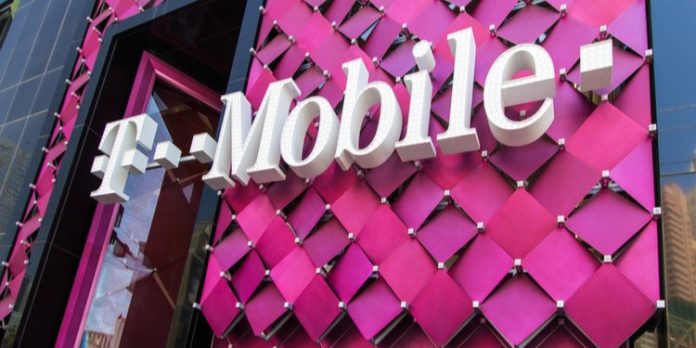A large subset of the information compromised in the T-Mobile breach was recently discovered for sale on the dark web.
In August, T-Mobile suffered a massive breach that impacted more than 53 million current, former, and prospective T-Mobile customers. In millions of cases, sensitive information included names, dates of birth, Social Security numbers, and driver’s licenses.
Many experts warned cybercriminals might use compromised information for social engineering and identity theft back in August.
New York Attorney General Letitia James warned that information stolen in a massive data breach has fallen into the wrong hands and is circulating on the dark web. It is estimated that approximately 4 million New Yorkers were affected by the breach.
James advised all New York residents who believe the data breach impacted them to take appropriate steps to protect their information from identity theft. This comes after many individuals received alerts through various identity theft protection services informing them that their information was found online in connection with the breach.
“I have an urgent message for T-Mobile customers and other consumers: Be aware of any misuse of your personal information and follow the guidance provided by my office to protect yourself from identity theft,” James is quoted in a press release.
Her office has laid out guidance on how to maintain financial safety.
“No consumer should have to deal with the devastating realities of identity theft.”
If you believe the breach impacted you, you should take the following steps:
Monitor your credit to see whether a change is made, such as a new account or a large purchase.
Consider placing a free credit freeze on your credit report. Identity thieves will not be able to open a new credit account in your name while the freeze is in place.
Place a fraud alert on your credit report. A fraud alert tells lenders and creditors to take extra steps to verify their identity before issuing credit.
More from Cybernews:
Thousands of laws guard our data. Why is privacy under assault then?
Synthetic ID fraud: who does it hurt the most? | CyberNews
Ex-footballer hails brave ‘new world’ of NFTs | CyberNews
If privacy is your crown jewel, why do you exchange it for shiny objects then? | CyberNews
Bad online romance? Paid background checks are trending | CyberNews
Subscribe to our newsletter











